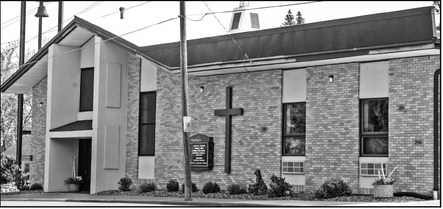Marathon K-12 declines offer to buy church


Marathon City School Board members have decided not to look any further into the possibility of buying the old St. Matthew’s Lutheran Church.
Following a tour of the church last week, board...


Marathon City School Board members have decided not to look any further into the possibility of buying the old St. Matthew’s Lutheran Church.
Following a tour of the church last week, board...